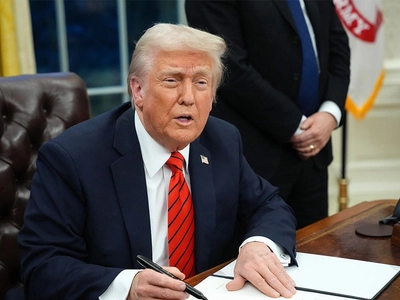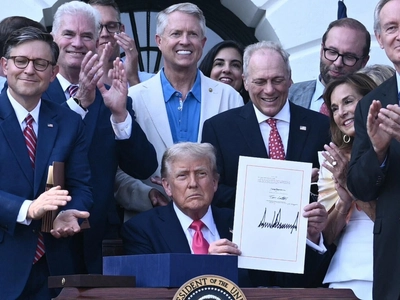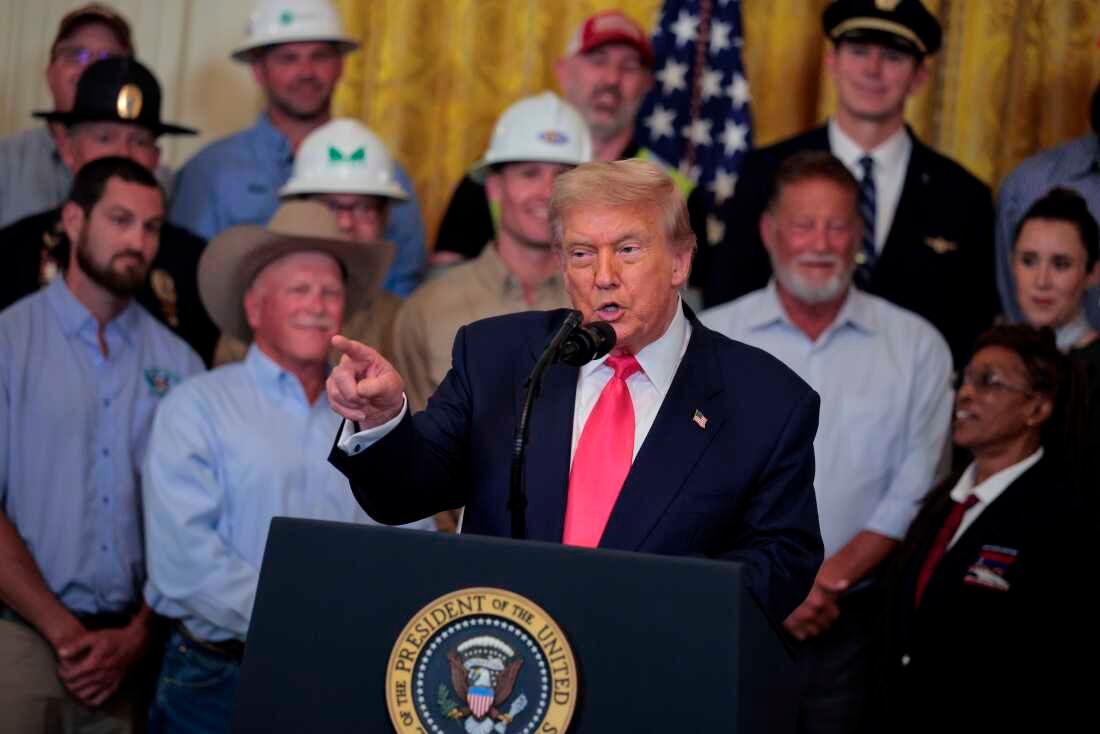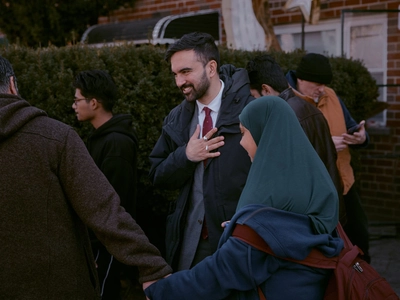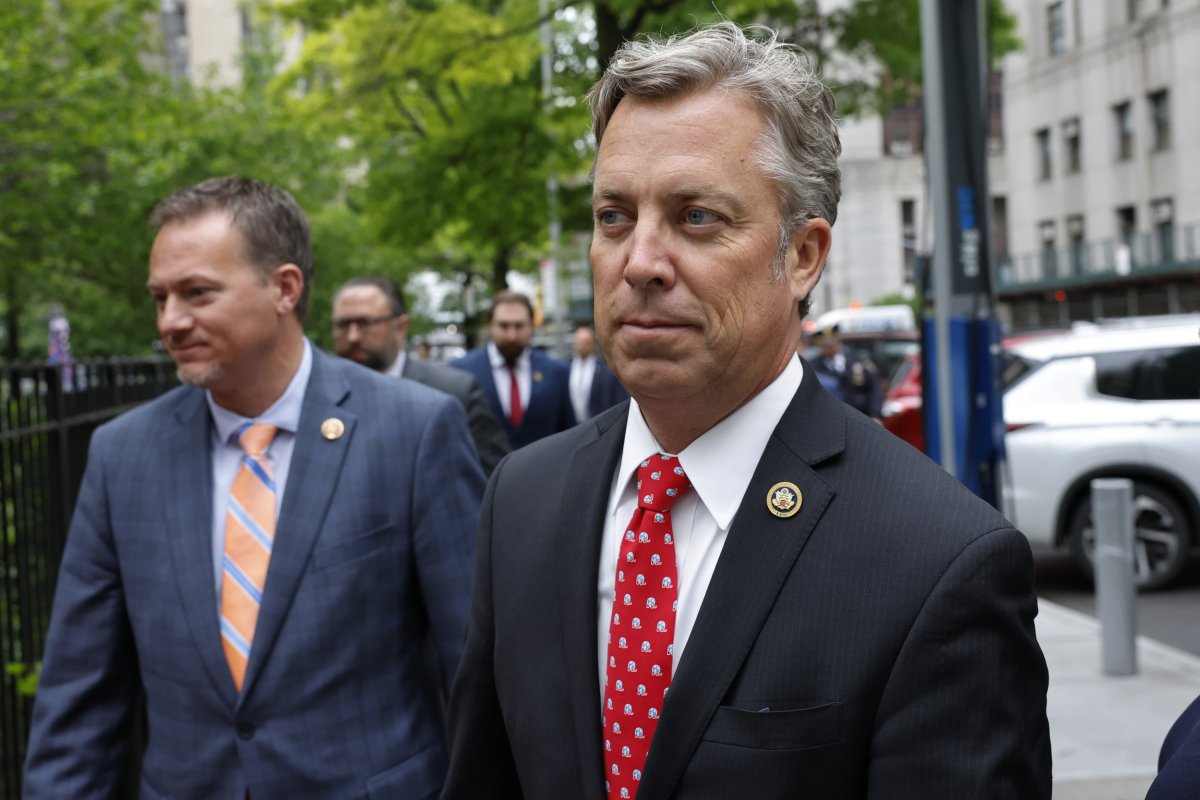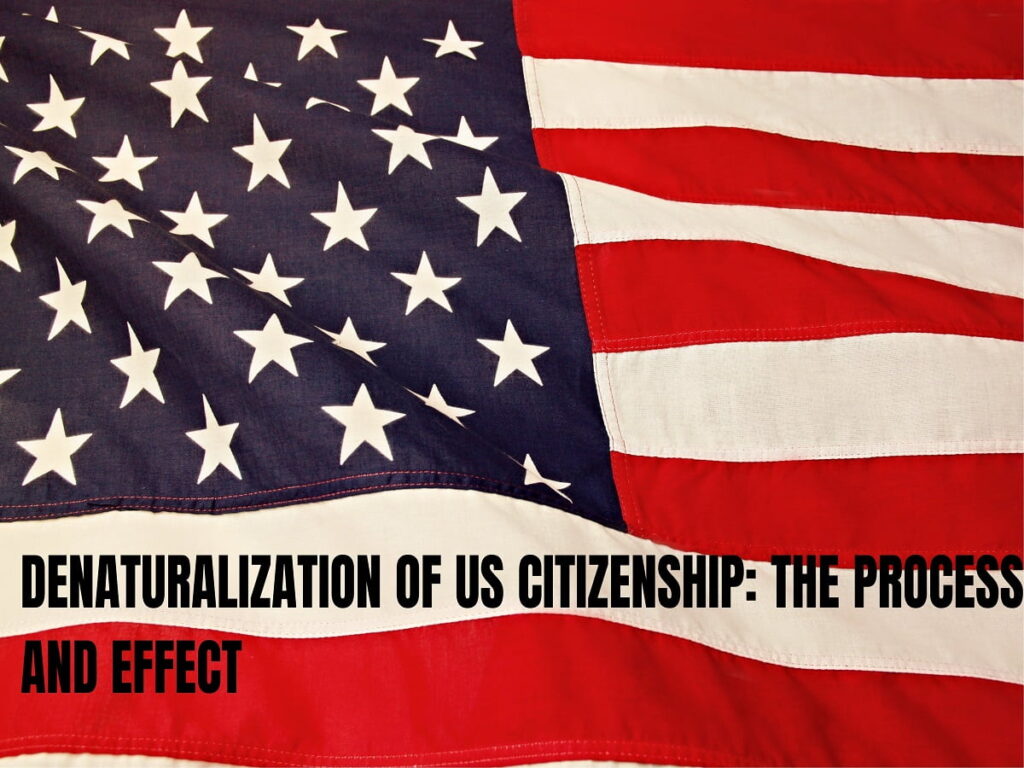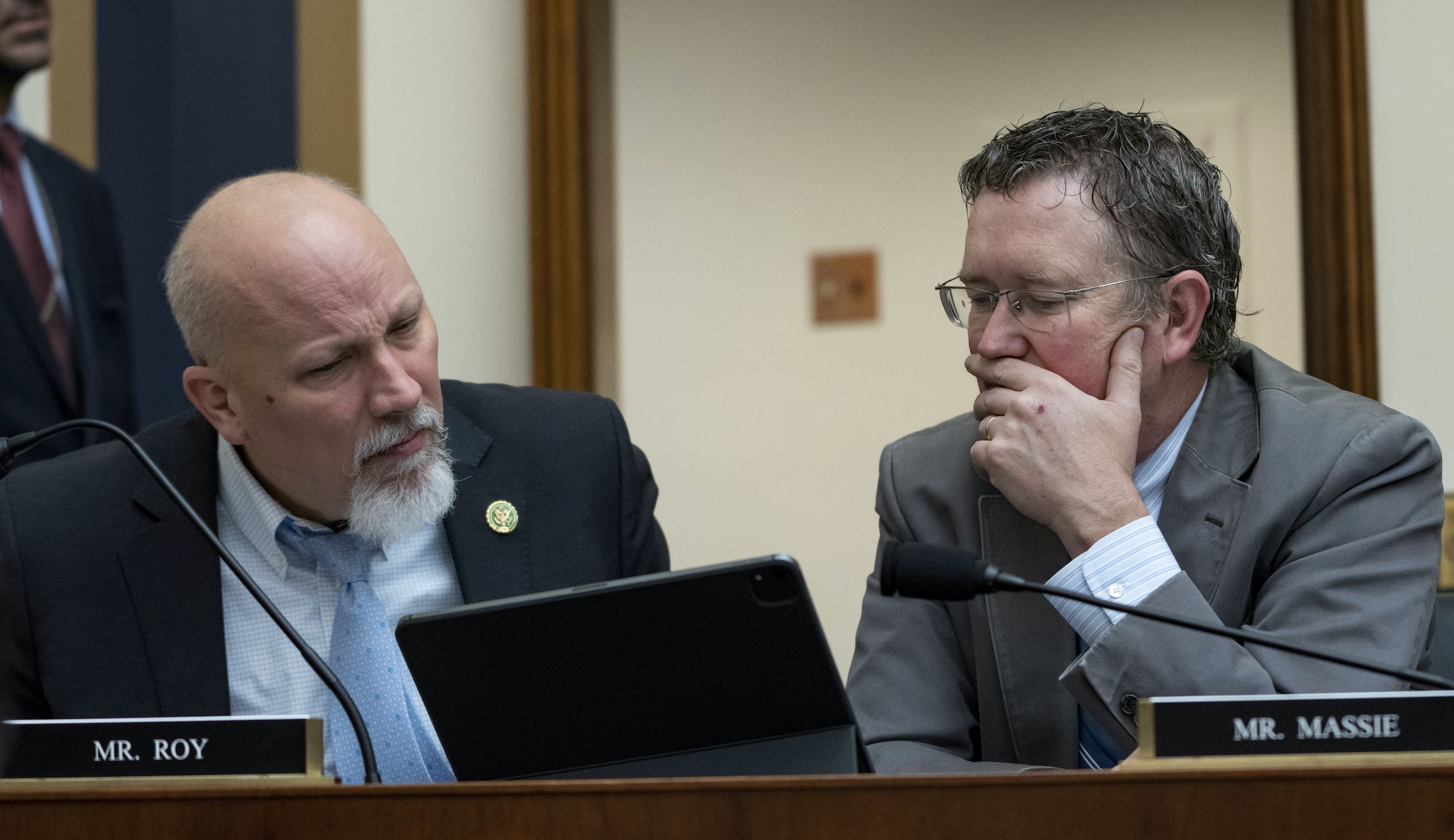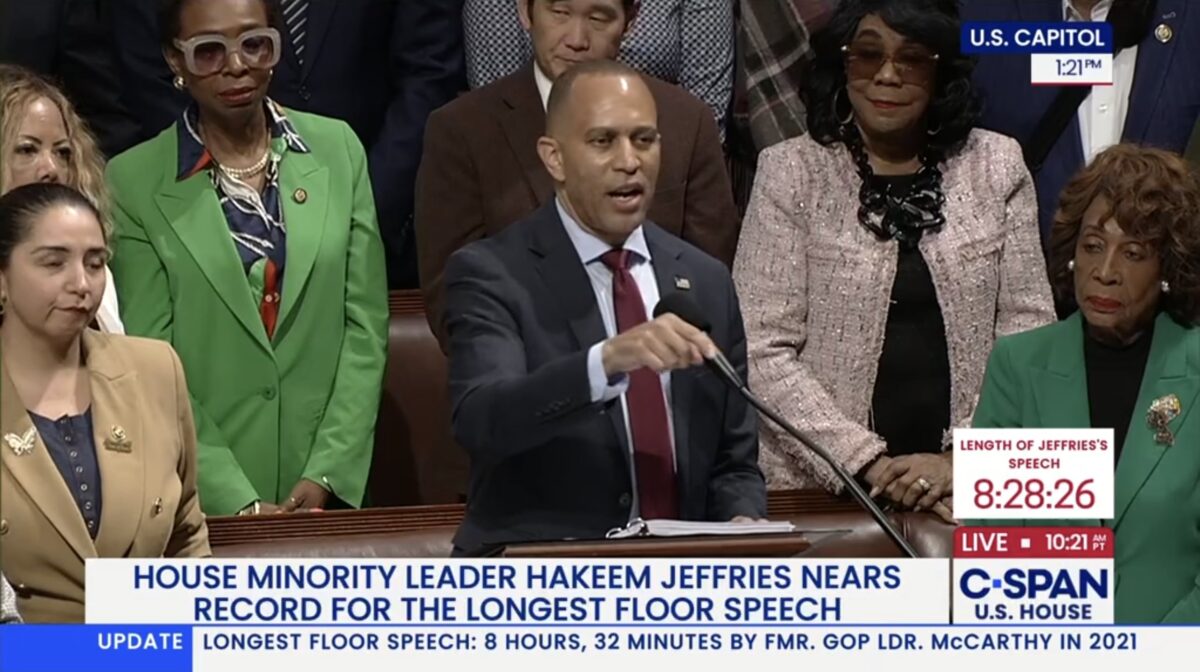BREAKING: 19 States Are Suing to Block Trump's Election Orders – Here's Why This Constitutional Crisis Could Change Everything
America is witnessing a constitutional showdown that could reshape the very foundation of how elections are conducted in this country. At the center of this brewing storm: Trump's aggressive executive orders demanding sweeping changes to election administration, including mandatory voter ID requirements and proof of citizenship documentation.
But here's where it gets explosive – 19 states have already filed lawsuits to block these federal mandates, setting up what legal experts are calling the most significant federal versus state power battle over elections in decades.
States Are Fighting Back – And They're Not Playing Games

The resistance isn't coming from just a few blue states. A coalition of attorneys general from across the political spectrum are arguing that Trump's executive orders represent an unconstitutional federal overreach that tramples on states' rights to manage their own elections.
The lawsuits challenge key provisions including:
- Mandatory documentary proof of citizenship for voter registration
- Federal funding cuts for non-compliant states
- Expanded federal oversight of local election processes
- Requirements that could disenfranchise millions of eligible voters
Federal courts have already started blocking parts of these orders, with judges ruling that the citizenship documentation requirements violate existing federal law and create unlawful burdens on voters.
The Constitutional Crisis Nobody Saw Coming
Here's what makes this situation so unprecedented: The Constitution gives states primary authority over election administration, but federal law also establishes certain voting rights protections. Trump's executive orders are trying to thread this needle by using federal funding as leverage – comply or lose money.
This creates a dangerous precedent. If a president can unilaterally reshape election laws through executive orders and funding threats, what happens to the constitutional balance between federal and state power?
Legal scholars are calling this a "weaponization of federal authority" that could fundamentally alter the relationship between Washington and state governments.
Why Some States Are Embracing Federal Control
Not all states are resisting. Several Republican-led states are actually welcoming the federal intervention, seeing it as validation of their existing voter ID laws and election security measures.
These states argue that:
- Uniform federal standards would eliminate confusion
- Stronger ID requirements prevent fraud
- Federal oversight ensures election integrity
- National standards protect against "election shopping"
The Real Stakes: Who Controls Your Vote?
This isn't just about voter ID – it's about who gets to decide how Americans vote. The outcome of these legal battles will determine whether:
- Presidents can bypass Congress to change election laws
- States maintain sovereignty over their voting processes
- Federal funding can be used to coerce state compliance
- The balance of power between federal and state governments shifts permanently
What Happens Next Could Change Everything
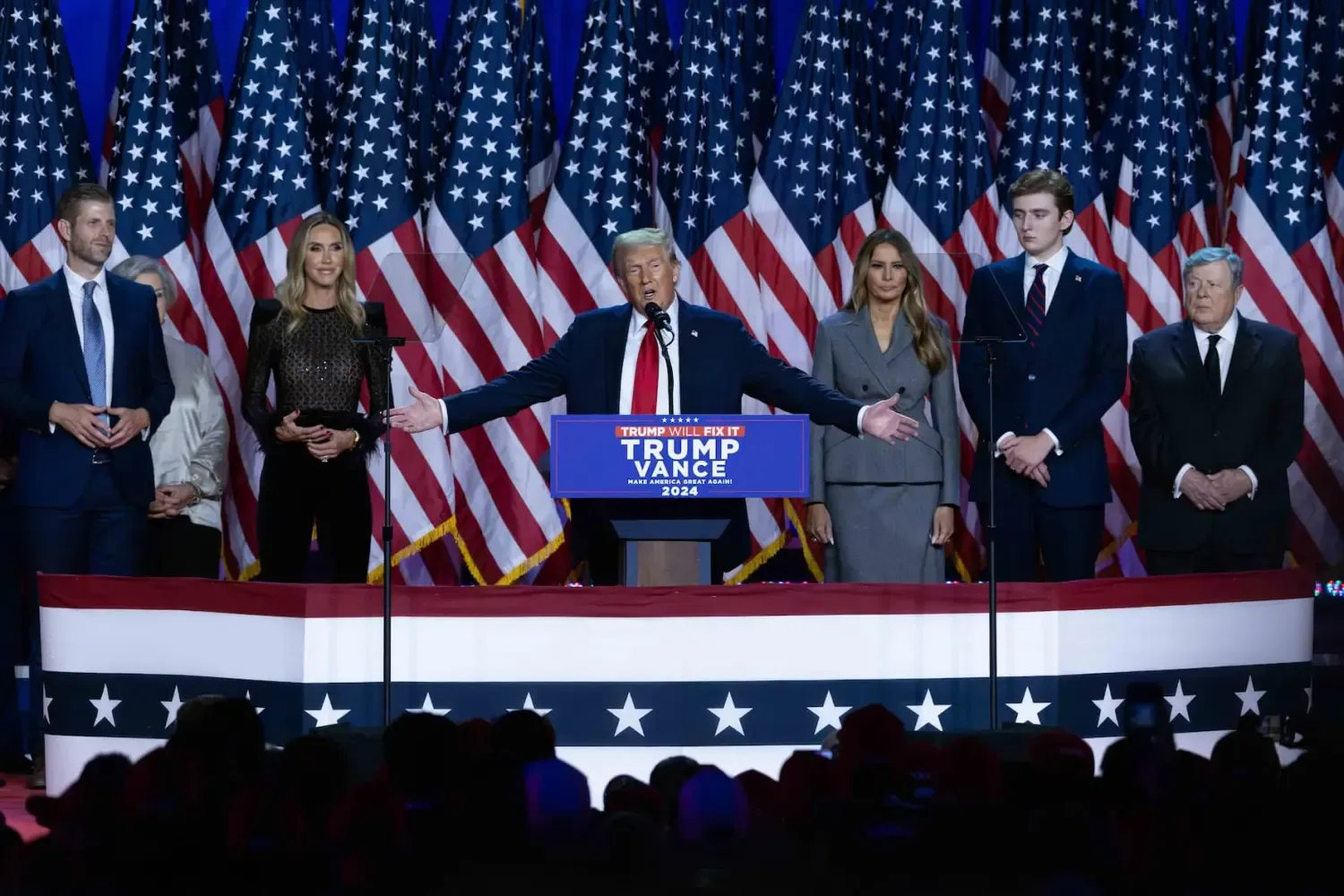
The legal challenges are moving fast through federal courts, with temporary injunctions already blocking key provisions. But the real battle is just beginning.
Supreme Court showdown incoming: These cases are almost certainly headed to the highest court in the land, where the justices will have to decide fundamental questions about federal versus state authority in elections.
Congressional response: Some lawmakers are pushing the SAVE Act, which would codify similar requirements through proper legislative channels rather than executive orders.
2024 election impact: With election season approaching, the uncertainty created by these legal battles could affect voter registration, election administration, and public confidence in the system.
The Bigger Picture: Democracy at a Crossroads
What we're witnessing isn't just a policy dispute – it's a fundamental test of American federalism. Can a president unilaterally reshape election laws that have been the domain of states for over two centuries?
The answer will determine not just how future elections are conducted, but whether the constitutional balance between federal and state power survives intact.
This is bigger than Trump. This is bigger than voter ID. This is about the future of American democracy itself.
The states that are fighting back aren't just defending their election laws – they're defending the principle that not every aspect of American governance should be dictated from Washington D.C.
As this constitutional crisis unfolds, every American should be paying attention. Because the outcome will determine who really controls your right to vote – and whether the states still have a voice in that decision.
